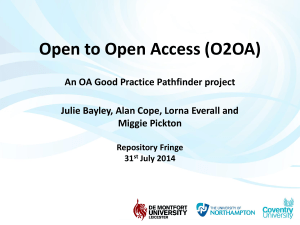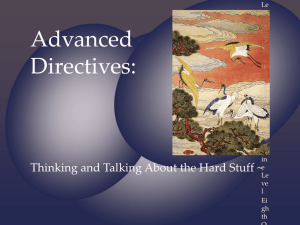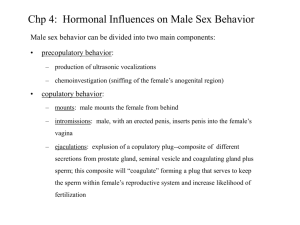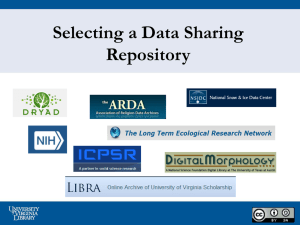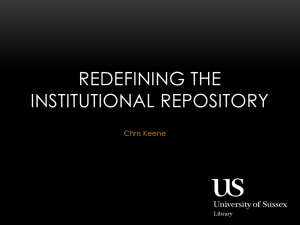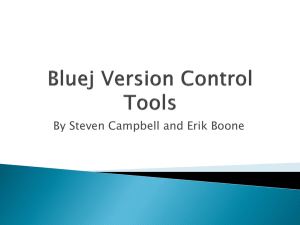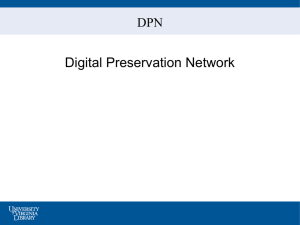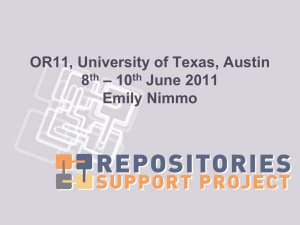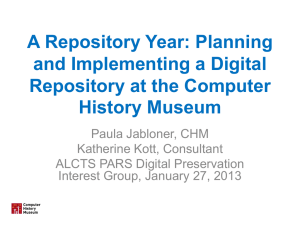Slide 1
advertisement
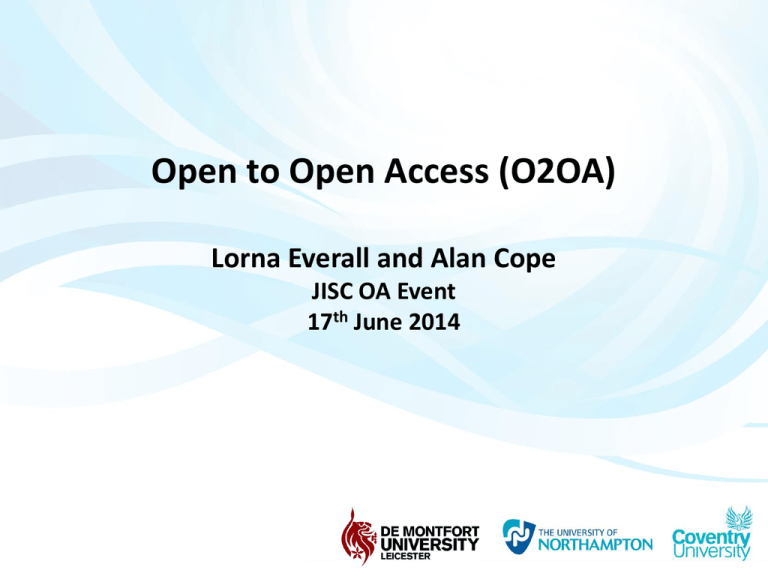
Open to Open Access (O2OA) Lorna Everall and Alan Cope JISC OA Event 17th June 2014 O2OA Aim of Project • Establish shared institutional processes for OA data, publications and associated management processes • Identify issues and challenges – and provide recommendations - for the implementation of OA requirements • Establish software-independent processes and workflows to support the implementation of OA • Bridge the Open Access and Impact agendas – draw on the learning of the impact agenda to accelerate the development of supported OA processes O2OA Project Team • Consortium of three post-92 “modern” Universities – De Montfort University, Leicester – The University of Northampton – Coventry University (Project management) • All at different stages O2OA Project Team • De Montfort University, Leicester – Existing digital repository (DSpace) – Implementing a Current Information Research Management (CRIS) system (Converis) O2OA Project Team • The University of Northampton – Considerable Open Access experience – Hosts their digital repository (NECTAR) using Eprints – No current plans to implement a CRIS system O2OA Project Team • Coventry University (Project management) – Developing a specialism in research impact management – Early stages in the implementation of an OA culture across the institution – Hosts a digital repository using EQUELLA – Considering implementing a CRIS system O2OA Context O2OA Project Team • Broad skill set within the team – Impact Manager – Repository Manager – REF and Business Development Manager – Manager of a Research Institute – Research Support Librarian – Technical Support O2OA: Unique Features • All Midlands-based and post-92 institutions • Project team includes business development to link the OA agenda to applied research • Focus on linking impact and the OA agenda • Providing software-solution independent recommendations O2OA HEI Sector Benefits • Provide a consolidated review of the OA needs of academics, information managers, research support staff, corporate leads and external funders • Provide an understanding of the perceived and actual relationships between OA publications, OA data and impact • Provide a translation of OA needs into associated workflows • Inform on methods to adapt repository systems and address interoperability issues across systems • To provide a case study reviewing the embedding of a pro-OA culture using behaviour-change informed approaches Thank you! Questions…?
